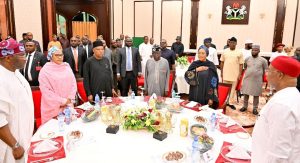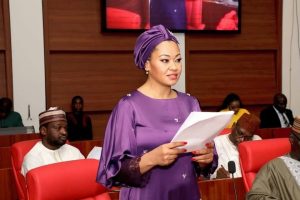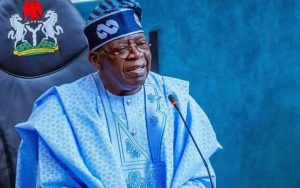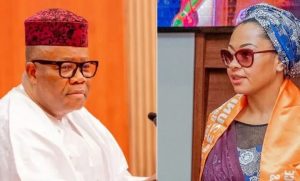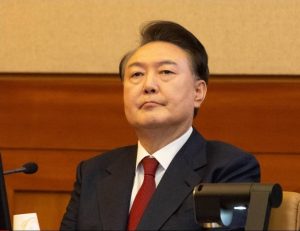By our Reporter
The Nigerian Midstream and Downstream Petroleum Regulatory Authority (NMDPRA) has banned trucks carrying over 60,000 litres of hydrocarbon products from loading from depots from March 1, 2025.
It also announced that from the Fourth Quarter of 2025, no truck carrying more than 45,000 litres of petroleum products shall be allowed to load from the depots.
Executive Director, Distribution System, Storage and Retailing Infrastructure, Ogbugo Ukoha, announced this in a briefing in Abuja.
The announcement, according to him, was sequel to the meeting the Authority held with stakeholders in the industry owing to the reoccurring accidents and explosion due to over loaded petroleum products trucks.
His words: “Beginning 1st March, trucks with capacity in excess with 60,000 litres will not be allowed to load in any loading depot of petroleum products.
” By Q4 2025, we will also go to preclude the loading of transportation of petroleum products of any truck in excess of 45,000 litres. That is the breaking news for today. “
He said the ban is in phases in order to allow the investors time to adjust to the directive.
According to him, the investors, especially trucks owners need time to redesign the trucks and redirect their funding.
He said the stakeholders that held the consensus decision at the meeting were the Nigerian Association of Road Transport Owners (NARTO), Independent Petroleum Marketers Association of Nigeria (IPMAN), SON, Major Oil Marketers Association of Nigeria (IPMAN) among others.
“Breaking news about that today is that in today’s meeting comprising DSS, FERMA, Federal Fire Service, Road Safety, NARTO, NUPENG, MEMAN, PETROAN, IPMAN, DAPMAN, SON,” he said
Ukoha confirmed that the Nigerian National Petroleum Company Limited (NNPCL) has not imported the Premium Motor Spirit (PMS) petrol this year.
The confirmation came on the heels of some news reports that the state-owned oil firm imported PMS burns faster than that of Dangote Refinery.
The NMDPRA said all the petroleum products imported to the country this year are of standard quality.
It recalled after the removal of subsidy on the petrol, national consumption of the product declined from an average of 66 million litre (ml/d) to 50 ml/d.
According to him, less than 60 per cent of the national consumption is met from domestic refineries while the shortfall is imported by Oil Marketing Companies (OMCs).
He explained that the contribution of local refineries has been less than 60 per cent shortfall in January and February 2025.
The Executive Director said 50 per cent of the shortfall is sourced from importation.
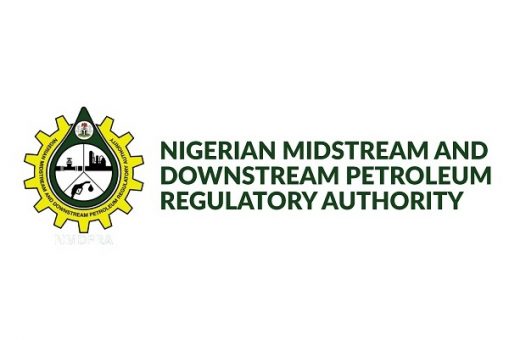
He however specifically noted that none of the OMCs that owned refineries have imported petroleum products this year.
In a veiled confirmation that NNPCL has not imported petrol this year, he said, “So just for clarity, what I am saying is that the contribution of local refining towards the sufficiency is less than 60 per cent currently January and February 2025 is less than 50 of what we require daily. And that shortfall is sourced by way of importation. Even though none of the OMCs that owned refineries have imported this year PMS.”
On the quality, he said the NMDPRA always insists that all petroleum products meet the specifications of the Standard Organization of Nigeria (SON) and the Petroleum Industry Act (PIA) 2021.
According to him, the Authority does not permit the distribution of products that fall short of quality standards.
“You must meet those specifications, otherwise we will not let those products be distributed,” he said.
Ukoha said some people have been releasing bogus claims concerning product quality on the social media.
He said “Finally, let me just say a word about what the responsibility we all bear. The regulator will usually be more circumspect and not run, chasing or responding to every, any comments that are made in the public.
” But it is important that people who dabble within the social media space are reminded that it is actually disrespectful if you imagine that Nigerians are gullible.
“Innocent Nigerians are discerning enough to know that energies need to be directed positively. So people who make claims of unscientific claims, that make bogus data expertise claims of that, are really not helping the situation.
“As a regulator, we are working very hard in compliance with the presidential and statutory mandates we have to support the local refineries to build capacity to the point that Nigerians will have sufficient products and not just quality but pricing is also done in a transparent, competitive and fair way.”









